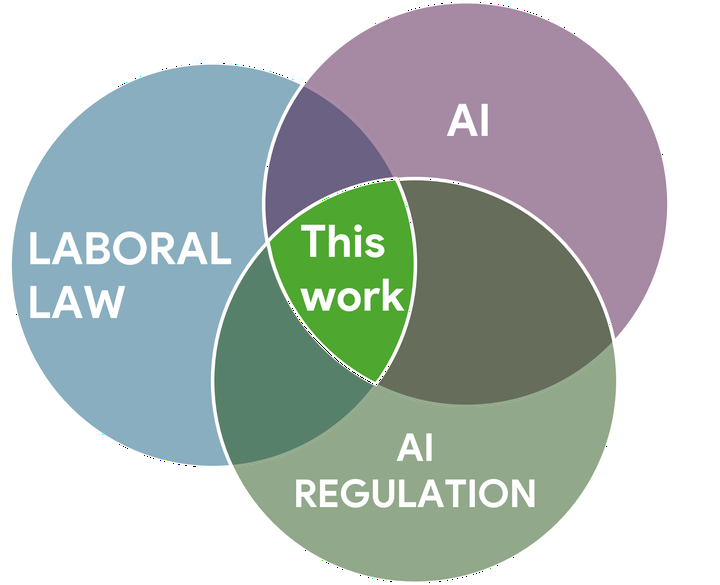The Intersection of Trustworthy AI and Labour Law. A Legal and Technical Study from a Tripartite Taxonomy
 Trustworthy AI and Labour Law: a Spanish use case
Trustworthy AI and Labour Law: a Spanish use caseAbstract
This article addresses the growing intersection between Artificial Intelligence (AI) and labour law. Through a tripartite taxonomy, and from a legal utility approach, it explores the characteristics and capabilities of sub-symbolic AI, the phases of its life cycle, both pre-implementation and post-implementation. The main documentary obligations and ethical principles established by the High-Level Expert Group on AI (HLEG) and the AI Act are analysed, highlighting the importance of human action and oversight, technical soundness, privacy and data management, transparency, diversity, non-discrimination and equity, social and environmental welfare, and accountability. The article concludes by providing an overview of the need for appropriate regulation to ensure the safe and legal use of AI in the workplace.
Article written in Spanish for the RGDTSS n.69: Spanish General Journal of Labor Law and Social Security (Revista General del Derecho del Trabajo y de la Seguridad Social). This article is a legal and technical study of the intersection between Trustworthy AI and Labour Law. We propose a tripartite taxonomy to understand the implications of the AI Act in the field of Labour Law.
SUMMARY:
- Introduction and purpose of the work.
- Most relevant legal milestones.
- Technical characteristics of sub-symbolic AI.
- Life cycle of an AI system: legal obligations.
- Ethical principles for a Trustworthy AI: the HLEG ON AI perspective.
- Requirements of a Trustworthy AI: intersection with labour law.
- Conclusions.
We specifically study the implications of the AI Act and AI technical features in the field of Labour Law in Spain. We just focus on the laboral law.


KEYWORDS: Artificial Intelligence (AI), Labour Law, Labour Law, Reliable AI, AI Regulation, High-Level Expert Group on AI (HLEG), Life Cycle of AI Systems